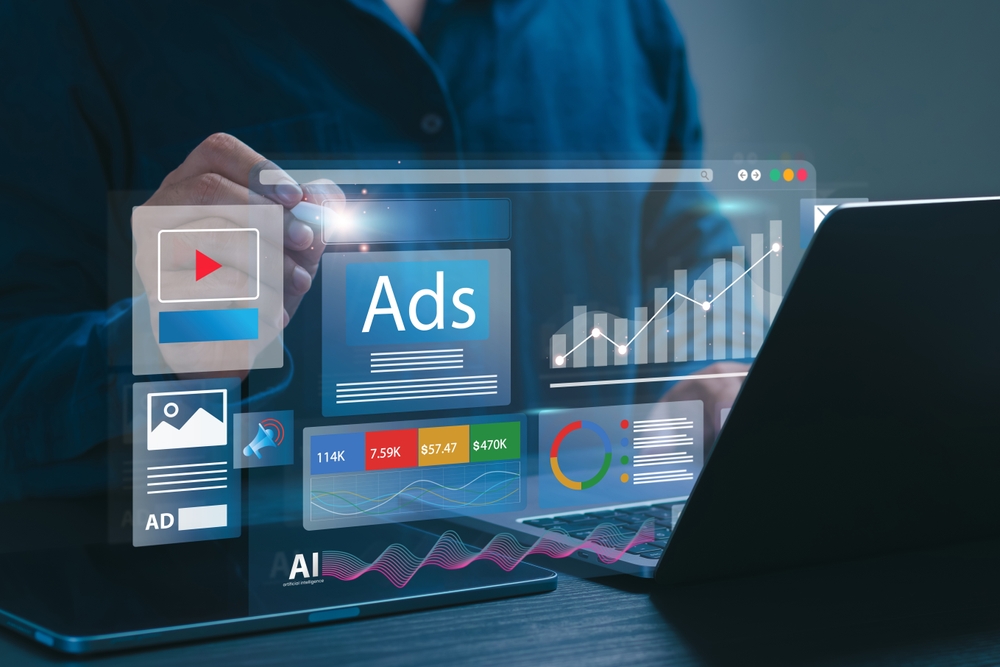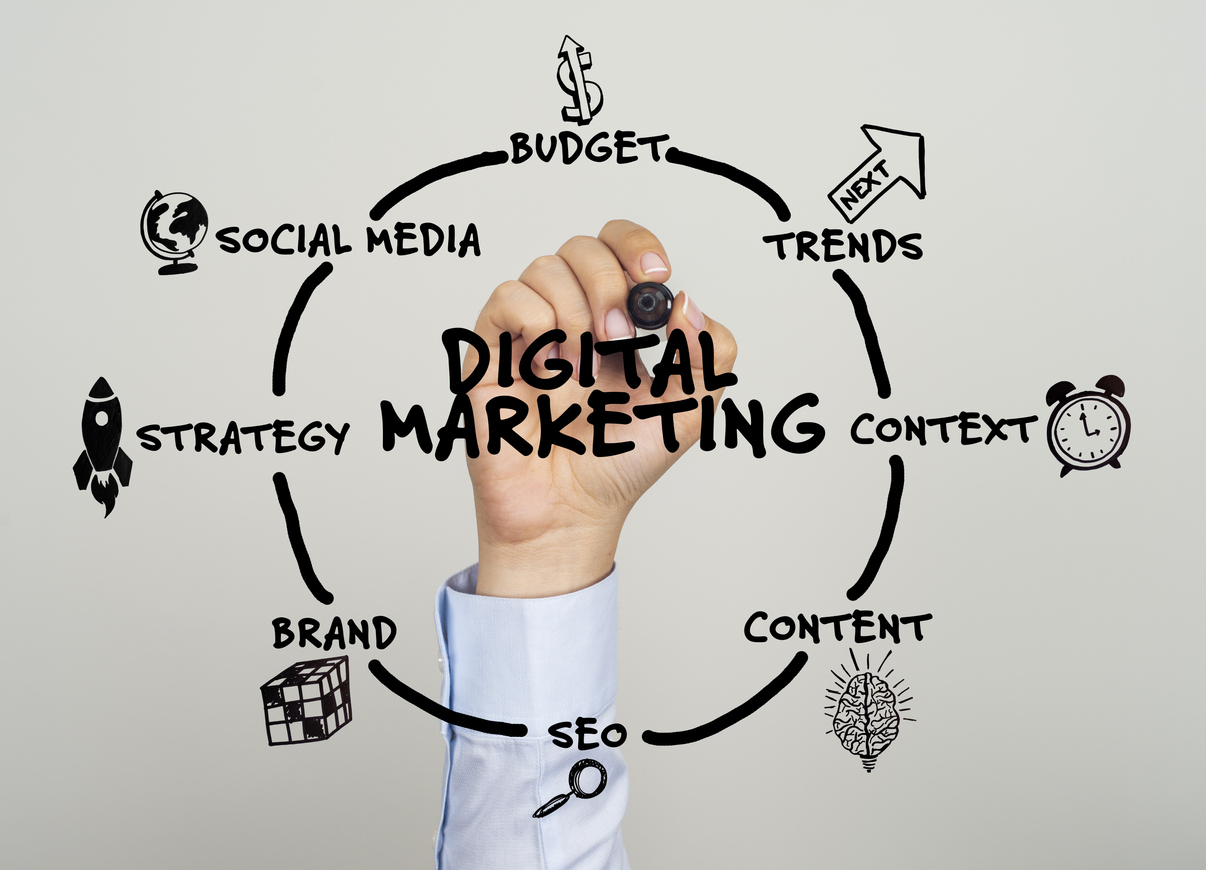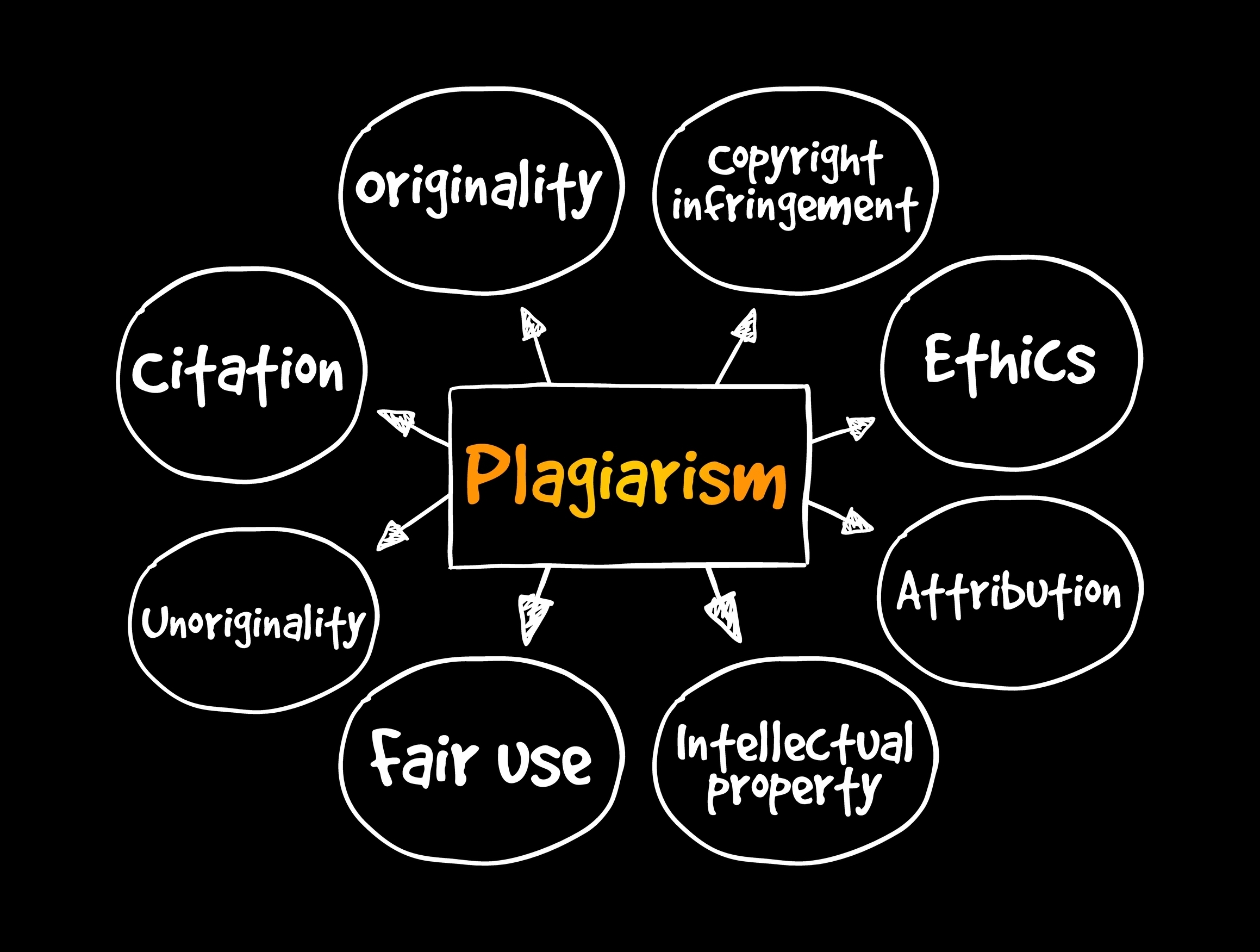The Looming Google Search Divestiture: What Business Owners Need to Know (and Do) Before 2026
1. Why this matters now
Judge Amit Mehta has already ruled that Alphabet “illegally maintained a monopoly” in search. The same court will decide remedies—including a possible sale of the Chrome browser or other search assets—by August 2025. If regulators force Google to divest or severely limit cross-product integration, the search ecosystem you rely on today could look very different in early 2026.
For business owners, that means two things:
-
Traffic and ad costs may shift away from Google faster than expected.
-
Early movers who diversify now can lock in cheaper clicks and organic visibility while competitors scramble later.
2. The antitrust backdrop—quick recap
| Milestone | What happened | Why it matters to you |
|---|---|---|
| 2020–2023 | DOJ files and proceeds with U.S. v. Google. | Official challenge to Google’s default-search deals and bundling tactics. |
| 2024 | Court hears evidence that Google paid up to $20 billion to remain Safari’s default. | Underscores how much value Google places on being the first choice in iOS. Losing that slot would instantly rebalance mobile search traffic. |
| Oct 2024 | Judge rules Google maintained an illegal monopoly; details of remedies postponed. | Sets the stage for structural or behavioral fixes—potentially including divestiture. |
| Aug 2025 (expected) | Remedy decision. | Could force Google to end (or shrink) Apple/Safari deal and decouple Chrome from Search. |
| 2026 | Implementation window. | Search market fragmentation accelerates; marketing playbooks must adapt. |
3. What “divestiture” could actually look like
-
Spin-off of Google Search or Chrome
Separating the browser from the engine would remove the baked-in default advantage and let other engines compete inside Chrome. -
Limits on default-search contracts
Apple may have to open Safari’s default to bidding—or even rotate engines by region. -
API or data-sharing mandates
Google could be forced to give rivals parity access to ad auction data, reducing the informational moat that powers Google Ads. -
Behavioral remedies only
If regulators shy away from breaking things up, they could still cap contract lengths or require a “search choice” screen on all devices sold in the U.S.
Any of these scenarios lowers Google’s market share and raises rival visibility—especially Microsoft Bing, DuckDuckGo, and emerging AI-first engines.
4. How the search landscape is already shifting
Even before a ruling, cracks are visible:
-
Desktop search share: Google holds ~73 % of worldwide desktop searches, but Bing is already at 11 % globally and 17 % in North America—without any regulatory tailwind. StatCounter Global StatsStatCounter Global Stats
-
Mobile defaults under pressure: Safari’s first-ever decline in Google usage reported this spring rattled Alphabet investors. Investor’s Business Daily
-
AI answer engines: ChatGPT, Perplexity, and You.com bypass traditional SERPs, siphoning high-intent queries.
Translation: your future customers will arrive from a wider mix of channels—some ad-supported, some organic, some AI-generated snippets.
5. Five practical steps to future-proof your marketing
1. Start testing Microsoft Advertising now
Clicks on the Microsoft network (Bing, Yahoo partnerships, Windows search bar, LinkedIn native placements, and MSN) often cost 20–40 % less than Google in the same verticals. Performance insights you gather today will pay off if a wave of new advertisers joins post-divestiture.
2. Optimize your site for multi-engine SEO
-
Use schema.org markup that every engine understands.
-
Verify & submit sitemaps in Bing Webmaster Tools.
-
Monitor log files to see how frequently non-Google bots crawl your site.
3. Diversify content distribution
Push product feeds to Microsoft Shopping, Pinterest, LinkedIn, and commercial AI assistants. The more places your data appears, the easier it is for alternative engines to surface it.
4. Build first-party data pipes
If default search deals crumble, browsers may push stronger privacy defaults. Own your customer relationship through email, SMS, and loyalty apps so you’re less exposed to algorithmic swings.
5. Prepare for “search choice” UX
If regulators force a choice screen (similar to the EU Android remedy), plan promotional language and value props today. Being recognizable at that decision moment can win free market share later.
6. What about Apple?
Apple enjoys a ~$20 billion annual payout from Google for default status. Bloomberg If that income dries up, analysts expect one of three outcomes:
-
Apple creates its own engine (building on Spotlight and AI enhancements).
-
Apple signs with Microsoft or DuckDuckGo for a revenue-share that passes regulatory muster.
-
Auction model where users pick—and engines bid—each time Safari is set up.
Any scenario where Google loses default placement means your Safari traffic mix could swing overnight. Early presence on Bing and privacy-focused search partners mitigates the shock.
7. Budget forecasting: what to tell your CFO
| Year | Google Ads (CPC trend) | Microsoft Ads & others | Organic traffic volatility | Recommended action |
|---|---|---|---|---|
| 2025 | Flat to +8 % as brands hold budgets for the ruling | -10 % CPC vs. Google; inventory growing | Medium (AI answers) | Allocate 10–15 % of paid search to Microsoft; bulk up content diversification |
| 2026 (post-remedy) | -5 % to +20 % depending on remedy severity | +15 % volume spike, CPC up as new advertisers enter | High (index reshuffles) | Maintain dual-engine buying; monitor Safari default news weekly |
8. Key takeaways for busy owners
-
A forced Google Search divestiture is no longer theoretical—the only question is how deep the remedy will cut.
-
Alternative engines already process billions of searches a month; a remedy could double or triple that traffic share in 12-18 months.
-
Waiting until 2026 to diversify could lock you out of the cheapest inventory and organic footholds.
-
The winners will be brands that act like portfolio managers, spreading risk and optimizing channel-by-channel.
9. Need a wingman for the transition?
Dot Kom specializes in multi-engine PPC, technical SEO, and first-party data architecture. Whether you want a quick Microsoft Ads pilot or an end-to-end diversification roadmap, we can help you capture market share while your rivals are still betting the farm on Google.
👉 Book a 30-minute strategy call and be ready for whatever the August ruling brings.
Disclaimer: The regulatory process is fluid; projections are based on publicly available data as of May 2025.




